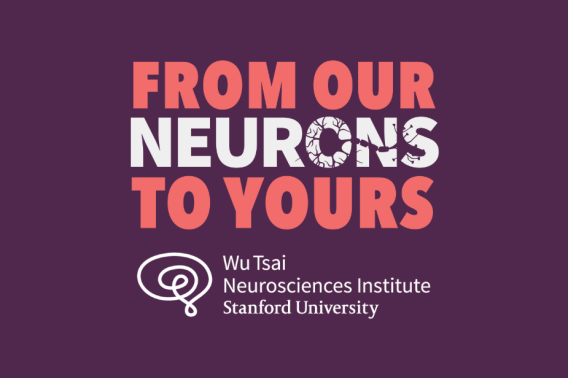Project Summary
Controlling addictive choice - from circuits to policy
Our Vision: Our decisions define the quality of our lives as well as those of future generations. In response to changing environmental conditions, organisms ranging from rodents to humans must continually adjust their choices to ensure their procreation and survival. Key neural mechanisms supporting choice have thus been evolutionarily conserved and can be examined across species at multiple levels of analysis. Establishing strong conceptual and substantive links that bridge these levels of analysis -- from neural circuits to individual choice to group tendencies -- could spark major advances both in basic neuroscience research as well as the application of neuroscience findings to enduring societal problems. Addiction (e.g., to substances, gambling, overeating) can be framed as a pathological choice problem ripe for interdisciplinary multilevel solutions. In the next phase of NeuroChoice, we propose to continue to connect diverse faculty to deepen interdisciplinary understanding of the neural mechanisms supporting addictive choice by combining conceptual, experimental, and clinical approaches that bridge historically disparate fields of inquiry. We will also engage with policymakers whose work on addiction might be informed by neuroscience evidence, and who might reciprocally help us to identify promising new issues poised to benefit from transformative research advances.
The team leaders’ expertise and experience specifically spans the three levels of analysis to be linked: circuit (Malenka), individuals (Knutson), and groups (Humphreys). Faculty team members are both recognized leaders in their disciplines and have strong records of interdisciplinary collaboration, hailing from ten departments housed in four different schools (Medicine, Engineering, Humanities and Sciences, Law), which adds collective breadth and depth in expertise (including cellular/molecular neuroscience in rodents, functional and structural neuroimaging in rodents and humans, behavioral economics, game theory, mathematical modeling, and policy analysis). Faculty and external affiliates provide additional conceptual and research support.
Project Details
Program:
Funding Type:
Big Ideas in Neuroscience Award
Award Year:
2017
Lead Researcher(s):
Team Members:
Trainees:
More information:

